Internships and Innovation
“Learning and innovation go hand in hand. The arrogance of success is to think that what you did yesterday will be sufficient for tomorrow” (William Pollard)
Innovation. It’s one of the key buzzwords in the business industry, but how many businesses actually know what this means and better yet, how to apply it?
Frequently there is a misconception of the buzzword innovation as being improvements at the augmented product level (like Apple adding ‘Touch ID’ fingerprint recognition to the iPhone home button). And while this undoubtedly requires innovative thinking, the ‘innovation’ that maximises competitive advantage stems from reframing the problem, leading to product redesign that changes the nature of the core product itself. For Apple, this was achieved through the creation and integration of iTunes and the app store with a mobile device.
The leading companies of the 21st Century such as Uber, Google and AirBnB, each redefined their problem spaces or product delivery channels and subsequently became the leading suppliers of this new product type. Their dominant market share allowed these companies to become more than just household names. They achieved the ultimate status, whereby their brand is synonymous with their sector.
But how is this relevant to interns?
Many companies suffer from tunnel vision, where innovation is suppressed by red tape, communication barriers and dated assumptions about the product. And while the inexperience of interns can be viewed as a burden to the company, it is precisely this inexperience, curiosity and unfamiliarity with boundaries that allows interns to challenge these norms and assumptions; and this questioning is what fundamentally drives innovation.
Many companies still hold the limited view of interns as merely added labour to reduce the workload. Rather, to maximise the impact of interns, organisations should try and bring out the best in them by matching their experience and personality traits to a project. Inclusivity also provides interns with incredible opportunities for professional development, which I can definitely attest to, and while exposure to industry helps, nothing beats hands on learning and learning from your own mistakes. Recent graduates are often trained in the latest technologies and theories, so to maximise the value of having interns, employers should view the process as a mutual learning experience.
For example, I remember reading about an established manufacturing company in the U.S. who hired a high school student as an intern in their product development team. For months the adults had struggled to cheaply and efficiently prototype their solution, but their investment in the student paid off when he suggested applying the Unity gaming platform to prototype their issue, an innovative solution that led to millions of dollars in savings compared to the next best solution.
It is important to remember that ideating innovations that are desirable, feasible AND viable is a tough ask for experienced employees and interns alike. Sometimes all it takes for a ground-breaking innovation is a lucky brainwave for the right person at the right time. So authentically integrating interns into the team will greatly increase the chance they can come up with an applicable solution.
Often I hear other students complaining about being given nothing but menial tasks at their internships. But in a world where university degrees and internships are increasingly common, the title of intern is becoming insubstantial without the necessary experience to back it up. And I would strongly encourage all organisations to look towards offering meaningful internships both to create a stronger graduate workforce, but also to provide a fresh and innovative perspective on their projects.
Properly integrating interns in projects can open up a world of possibilities, and as movie mogul Ryan Kavanaugh said: “the key is to embrace disruption and change early. Don't react to it decades later”.
—
Written by UTS Business School scholar and Sparrowly Group intern, Aidan Lam. Aidan is studying a Bachelor of Business / Bachelor of Creative Intelligence and Innovation.

